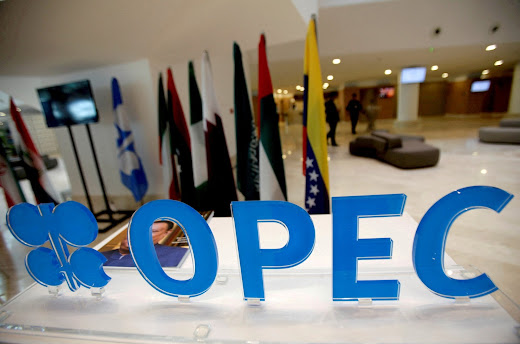Introduction:
In a bid to stabilize oil prices and address the potential threat of a supply glut, OPEC and its allies, collectively known as OPEC+, recently convened for discussions on further production cuts. The group, which comprises the Organization of the Petroleum Exporting Countries (OPEC) and non-OPEC allies led by Russia, holds significant influence over global crude oil production, making its policy decisions crucial to the industry. This blog post delves into the key issues surrounding the OPEC+ meetings and their potential impact on oil markets.
Challenges in Discussions:
The talks were delayed due to ongoing discussions among members regarding production baselines, which serve as the foundation for calculating production cuts and quotas. Influential OPEC members, particularly Saudi Arabia, aimed to convince under-producing African nations such as Nigeria and Angola to adopt more realistic output targets. These negotiations have proven to be challenging, indicating the complexities involved in reaching a consensus among OPEC+ participants.
The Role of Gulf Producers:
Saudi Arabia and other major Gulf producers sought to address the growing production capacity of the United Arab Emirates (UAE) by demanding a higher baseline that accurately reflects its output. However, this adjustment could potentially reduce the UAE's share of overall production cuts, creating further tension within the group. These dynamics highlight the delicate balance between accommodating individual member interests and maintaining overall market stability.
Exploring Additional Production Cuts:
During the OPEC+ discussions, the possibility of implementing additional production cuts emerged as a potential solution to address falling oil prices and the potential oversupply in the market. Sources familiar with the talks suggested that cuts of up to 1 million barrels per day (bpd) were being considered on top of existing cuts of 2 million bpd and voluntary cuts of 1.6 million bpd. Such measures, if approved, could result in a total reduction of 4.66 million bpd, approximately 4.5% of global demand.
Factors Influencing Oil Prices:
Previous efforts by OPEC+ to curtail production resulted in a temporary increase in oil prices, but they subsequently faced downward pressure due to concerns over global economic growth and demand. Despite the potential positive impact of additional cuts, market watchers remain cautious due to these underlying factors. International benchmark Brent settled at $76 per barrel, a decline from its peak of $87 following the April announcement of production cuts.
Addressing Baselines for Future Years:
In addition to ongoing discussions about immediate production cuts, the OPEC+ group also intends to address the contentious issue of baselines for 2023 and 2024. Nigeria and Angola, historically unable to meet their production targets, have resisted lower baselines as they fear potential real cuts. Conversely, the UAE has advocated for higher baselines to reflect its increasing production capacity, but this could result in a reduced share of overall cuts.
Western Criticism and OPEC's Response:
Western nations have accused OPEC of manipulating oil prices and undermining the global economy through high energy costs. They have also raised concerns about OPEC's alignment with Russia despite Western sanctions over the situation in Ukraine. OPEC insiders have countered these accusations by stating that the West's monetary policies over the past decade have driven inflation, prompting oil-producing nations to take action to protect the value of their primary export.
Conclusion:
As OPEC+ undertakes discussions on further production cuts, the challenges of balancing member interests, addressing baselines, and maintaining market stability become increasingly apparent. While the potential for additional cuts exists, the influence of global economic growth, demand fluctuations, and geopolitical factors remains significant. The outcome of these talks will shape the future trajectory of oil markets, underscoring the importance of monitoring developments in OPEC+ deliberations and their subsequent impact on the industry.





Social Plugin